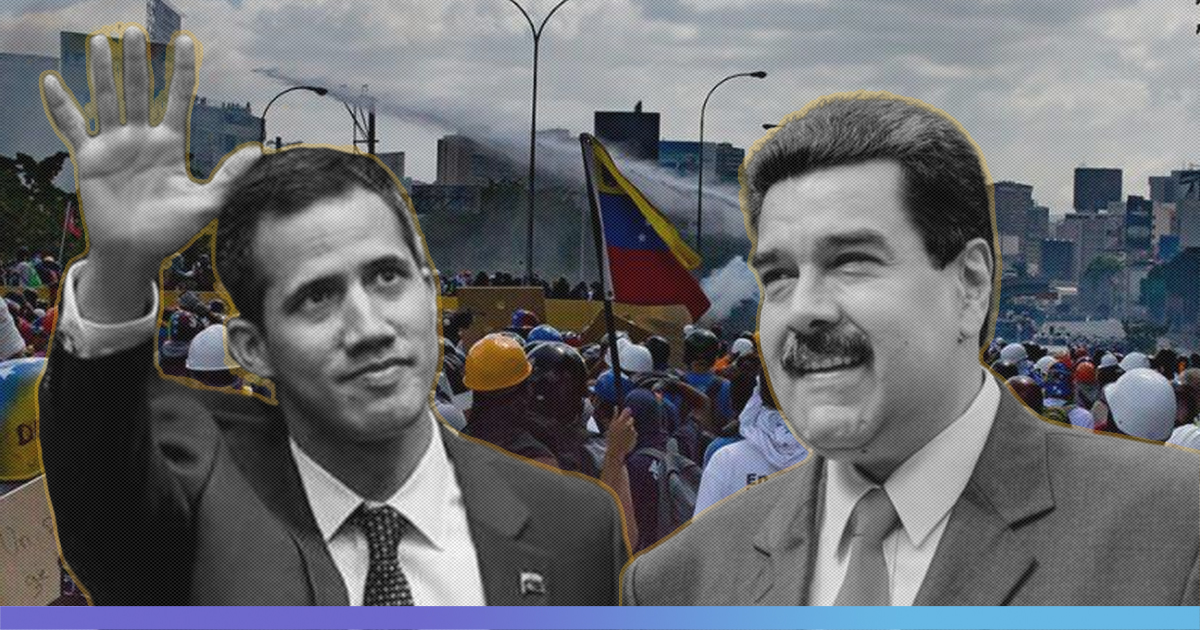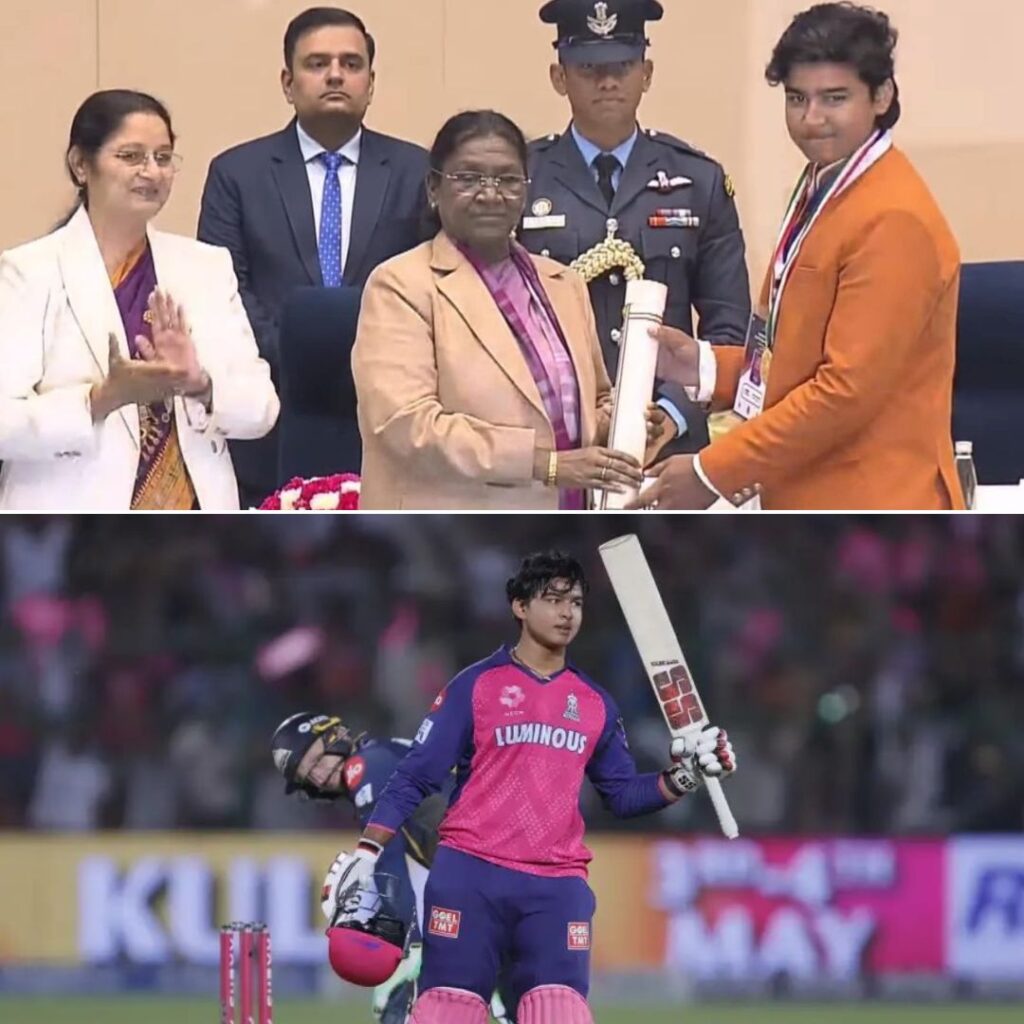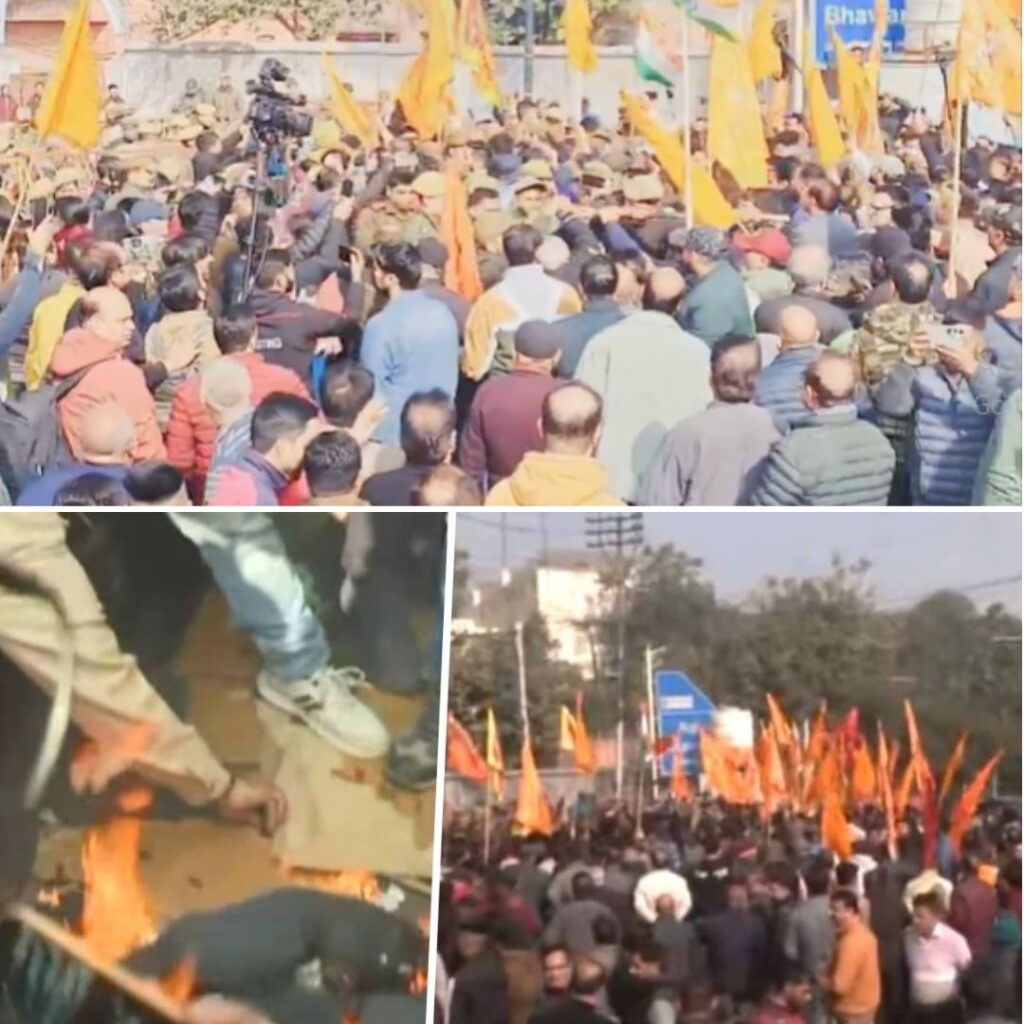It’s raining crises in Venezuela
A deeply wounded economy has left Venezuela in one of its worst economic crises. The hyperinflation has led to a shortage of food and medicines, senior citizens and children are also forced to stand in inhumanely long queues to obtain a single meal, which in turn has resulted in a humanitarian and health crisis. Venezuela’s “President”, as if blind to all the happenings around him, is in a desperate attempt to continue clinging on to power. His second term is considered illegitimate by a large section of the country, the opposition and a good number of countries and international bodies. Maduro during the 2018 Presidential elections, barred his strong opponents from contesting the presidential elections and even got a few arrested, leaving himself with no strong opponents to be afraid of. The main opposition-coalition boycotted the elections. The voter turnout rate was a mere 46.01%. This political crisis exacerbated the already-hopeless state of Venezuelans.
Shocking scenes in Venezuela as defected soldiers fire back to protect protesters from pro-Maduro forces attack. #OperacionLibertad #Venezuela
pic.twitter.com/0ylZKURNRX— Giovanni C. (@giovannicavett) April 30, 2019
The coup that shook Nicolas Maduro
After the “illegitimate” victory of Maduro in 2018 elections, he started his second term on 10 January 2019. The US and 13 other countries refused to recognise Maduro’s presidency. The US mission to the United Nations called the process an “insult to democracy.” On the other hand, Bolivia, Nicaragua, El Salvador, Cuba and Russia expressed their support for the election results. On 23 January 2019, Juan Guaido, opposition leader cited emergency powers and declared himself to be the “acting president” of Venezuela. US and Canada vouchsafed their support to Guaido. Maduro seemed to have lost his calm ever since, and he ordered the US diplomats to leave the country in 72 hours. However, the US Secretary of State, Mike Pompeo replied that the US will continue its diplomatic presence in Venezuela, for it refuses to believe that Maduro has the authority to break diplomatic relations between the US and Venezuela. Ever since Guaido declared himself the acting-president, there have been a series of protests in Venezuela. Guaido called his mission of pushing Maduro out of power, “Operation Freedom”.
HORRIFIC! Maduro’s regime forces running over protesters in #Venezuela.
Why is the UN Human Rights Council silent? I stand with the Venezuelan people. pic.twitter.com/g2umayoWBi
— Hananya Naftali (@HananyaNaftali) May 1, 2019
On 30 April 2019, Guaido initiated the beginning of the last part of his mission. The coup. He released a video in which he was seen surrounded by some members of armed forces and he appealed to his supporters to hit the streets in large numbers and throw Maduro out of power. Not to much surprise, the streets of Venezuela were and are still flooded with angry protestors. Tear gas grenades are being thrown around to control the protestors. The armed forces seem to bear no mercy towards the protestors as they are seen run tanks over crowds and shooting down protestors. To Guaido’s rejoice, some members of the armed forces have hopped over to his side and they wear a blue band to show their intent to dissent against Maduro. Majority of Venezuelans continue to remain homeless and hungry and they believe this is their fight to resurrect democracy in their state.
The United States recognizes Juan Guaido’s courageous decision to assume the role of Interim President per Venezuela’s Constitution Article 233. We support @AsambleaVE and their efforts to establish a transitional government and prepare #Venezuela for free and fair elections.
— Secretary Pompeo (@SecPompeo) January 23, 2019
I have urged @StateDept to expel all Maduro diplomats in the United States & recognize new diplomats & ambassadors appointed by legitimate President @jguaido
— Marco Rubio (@marcorubio) January 23, 2019
The fire in Venezuela creates heat between USA & Russia
The day Maduro swore-in as the President for a second term, he created an international rift. The US along with several Latin-American countries, Canada, Brazil and many EU countries refused to recognise Maduro as the president and instead recognised Guaido as the “acting-president”. Russia, China, Cuba, Nicaragua, Iran, Turkey, Syria and Bolivia have extended their support to Maduro.
Russia took it one step too far by landing two of its Tu-160 bombers capable of carrying nuclear missiles in Venezuela as a symbol of its support to Maduro. US defence department spokesman Col Rob Manning reacted to this by saying, “The US recently deployed a navy hospital ship to Latin America to offer medical support to the millions of Venezuelans who have fled hyperinflation and shortages of goods and medicine in their home country since 2014. Contrast this with Russia, whose approach to the man-made disaster in Venezuela is to send bomber aircraft instead of humanitarian assistance,” according to NBC. US secretary of the state department, Pompeo tweeted that the delivery of these planes exposes “two corrupt governments squandering public funds, and squelching liberty and freedom while their people suffer.” The Russian foreign minister, Sergei Lavrov, warned Pompeo during a telephone call on Wednesday that attempts to oust Maduro were “fraught with the severest consequences”, according to a Russian readout of the conversation. Noting Washington’s “obvious support” for Guaidó, Lavrov called the coup attempt a “gross violation of international law”. Both the US and Russia have blamed each other for the worsening conditions in Venezuela and have accused each other of destabilising the democracy in Venezuela.
Is the crisis in Venezuela a wake-up call to democracies around the world?
The political turmoil in Venezuela has exposed how democracies are balanced on the tip of the armed forces’ conscience. It should make us realise that the neutral positioning of the armed forces’ is extremely essential for the survival and sustenance of a democracy. If the armed forces side with the opposition, a coup becomes inevitable and if it sides with the ruling party, a dictatorship is bound to emerge. Both Hugo Chavez, the predecessor of Maduro and Maduro himself were well aware of this and they did all they can to keep the armed forces happy. They gave away chief ministerial positions to former and current leaders of the armed forces, they turned a blind eye to the corruption being practised by the members of armed forces and their criminal activities. The very fact that the families of armed forces personnel are also suffering and yet choose to stay loyal to Maduro tells us that Maduro and the armed forces are in cahoots.
Venezuela like any other democracy would have refused to believe that it can ever be threatened by a dictatorship.
Nicolas Maduro after two days since Gaido called for a coup, claims to have defeated the coup. But the opposition says it is going to intensify its protests and not leave the streets until Maduro steps down. Further updates are awaited.
Also Read: Because Of Poverty & Hunger, The People Of Venezuela Have Lost An Average of 8 Kg Per Person











